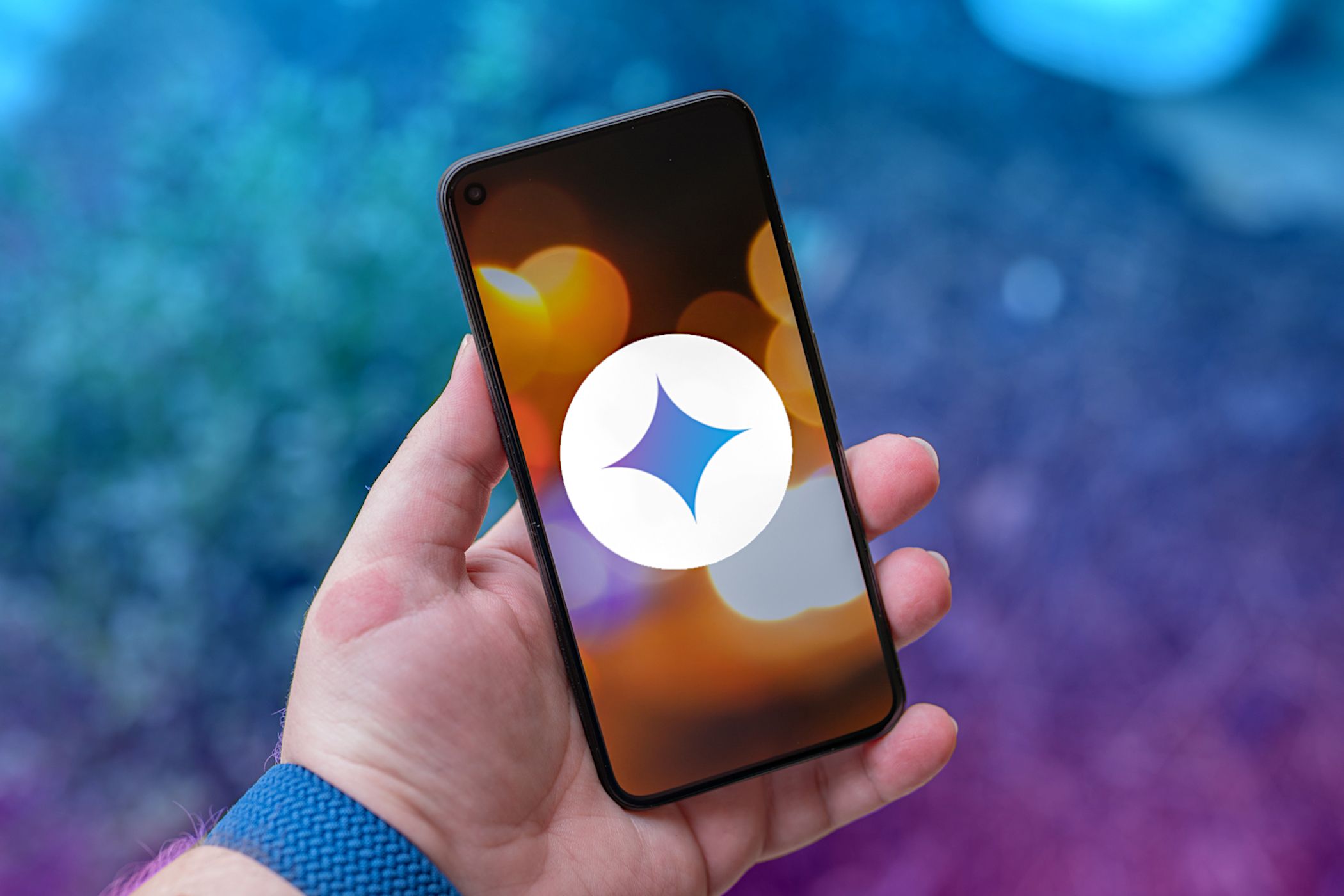In the wake of the NSA controversy and its subsequent fallout, many dashed towards finding means of secure communication—using private internet browsing and encrypted text messaging applications—out of fear of being spied on.
While the NSA’s incredibly sophisticated surveillance methods cannot be curtailed by most publicly available privacy software, fear shouldn’t just resonate from the government’s ability to access our phone records. Don’t forget, hackers and developers with bad intentions can do just as much, if not more, damage.
If you want to secure yourself from those phishing for information and looking to exploit you, here’s how you can encrypt your phone calls by abandoning cellular network connections.
Encrypting Your Phone Calls
Awaaz, from Android dev Anuj Jain, works as a plugin for your Samsung Galaxy Note 3 or other smartphone, bypassing your cellular network by making phone calls over Wi-Fi (but only if both users have the application installed).

The app uses enhanced encryption in order to keep your calls as private as possible. Even if someone were to catch any of the data between calls, new keys are generated for each phone call, making it almost unbreakable and ensuring that what you say in your private conversations remains just that—private.
As soon as you download and open Awaaz, your phone number will automatically be registered. There is no signup or registration, no giving up details about yourself to the application, which is incredibly refreshing.

Once you run the app for the first time, you’ll never need to run it again. Simple use your regular phone dialer to make a call. Anytime the phone recognizes that you’re making a call with someone else that has Awaaz and a Wi-FI connection, Awaaz will automatically run. Dead easy.
Below you can see two screenshots: one making an outgoing call (left) and the other receiving a call (right). While the two shots below aren’t of the same phone call, you can verify that it’s secure by verifying that the key hash number matches with the other person.

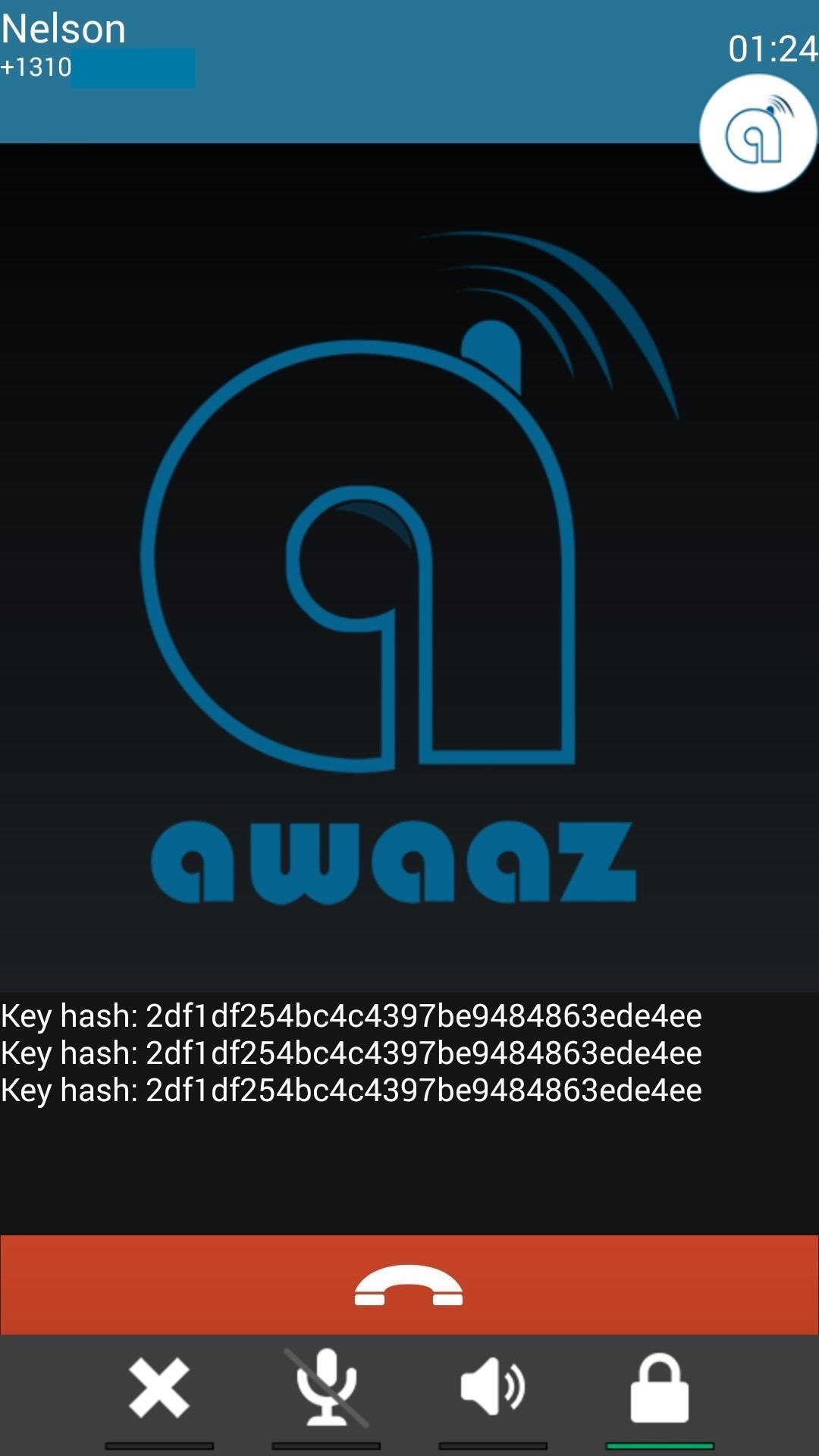
In the settings, you can enable/disable Awaaz, change sample rates, use call encryption, and manage call quality. Unintentionally, the app allows you to change your phone number to create a spoof-type feature. This will be fixed with some sort of verification process, so get in your hijinks now because it won’t be staying for too long.
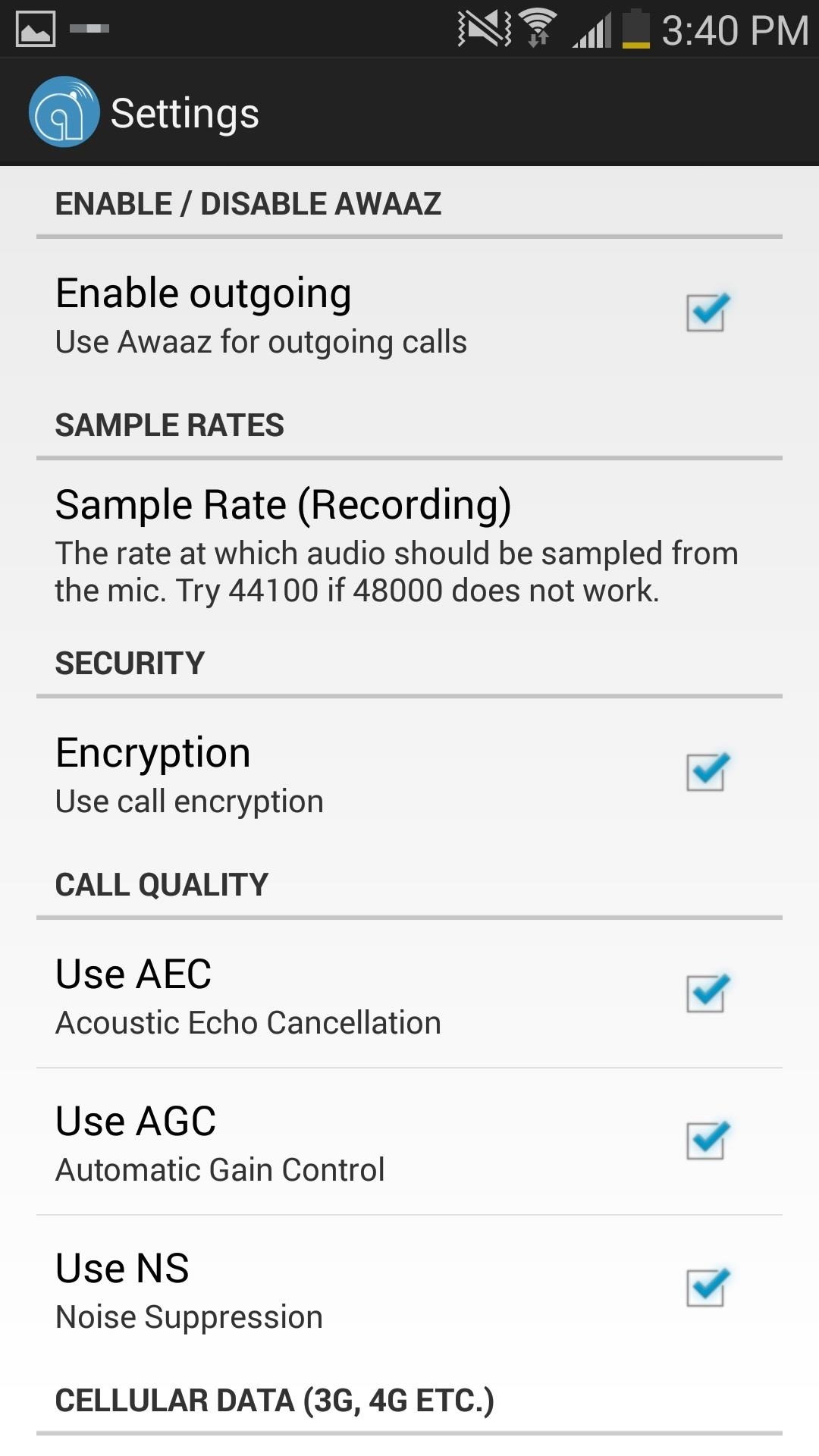
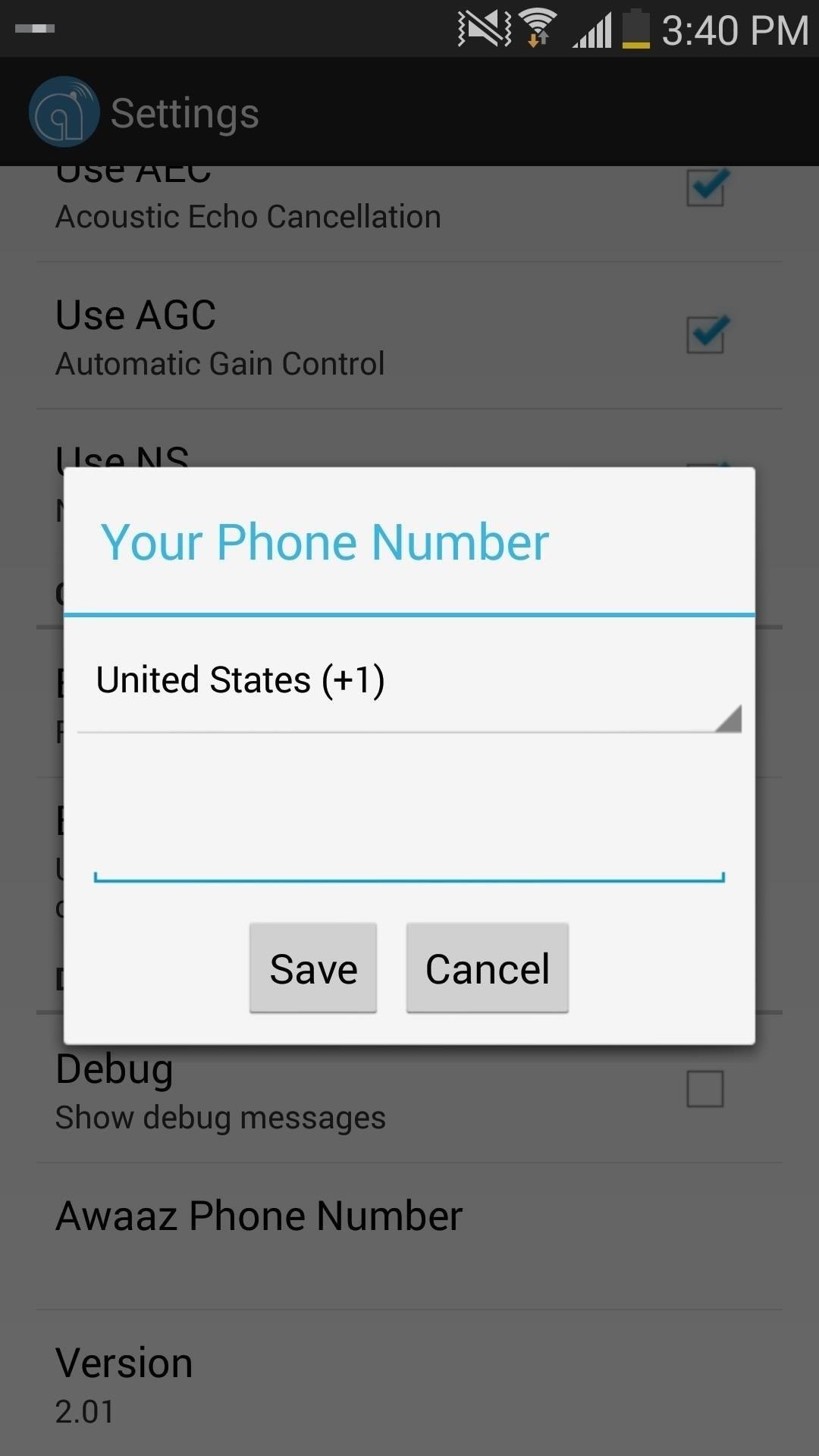
Awaaz is fairly new, so expect some bugs. Currently, there is a slight echo, but this should be fixed shortly. Another issue is connectivity—sometimes when I called another number, the call would fail and then ask if I wanted to use my cellular network, thus nullifying any privacy.
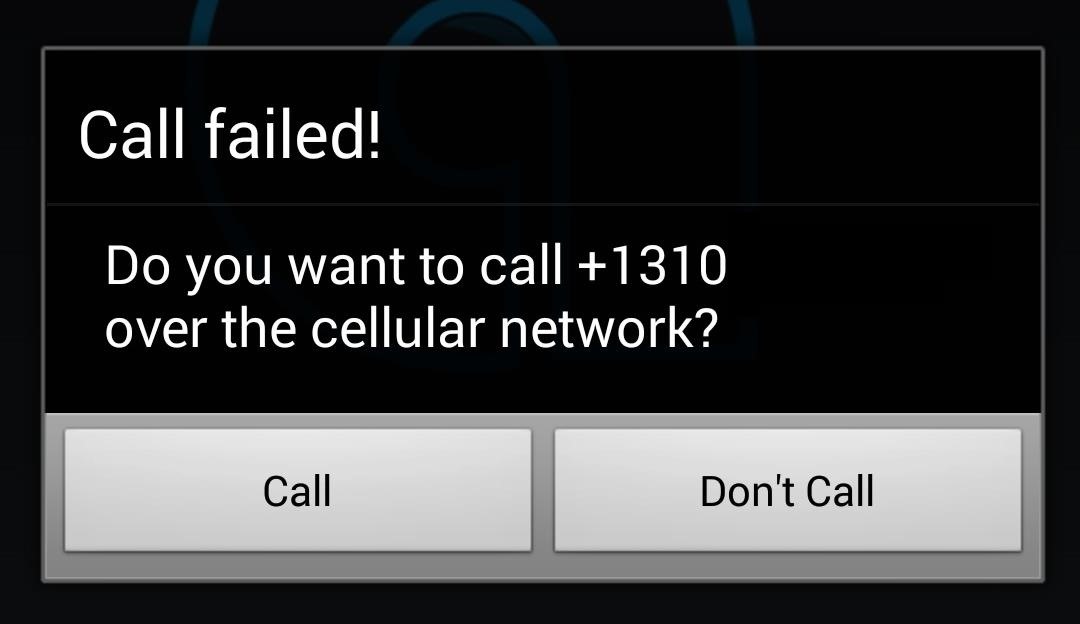
Overall, the app provides security for those of you who are either extremely paranoid or just very careful when it comes to being exploited. So, while Awaaz may come with a few bugs (it’s very young), you can expect major fixes and advancements in the future.
Just updated your iPhone? You’ll find new emoji, enhanced security, podcast transcripts, Apple Cash virtual numbers, and other useful features. There are even new additions hidden within Safari. Find out what’s new and changed on your iPhone with the iOS 17.4 update.
“Hey there, just a heads-up: We’re part of the Amazon affiliate program, so when you buy through links on our site, we may earn a small commission. But don’t worry, it doesn’t cost you anything extra and helps us keep the lights on. Thanks for your support!”










